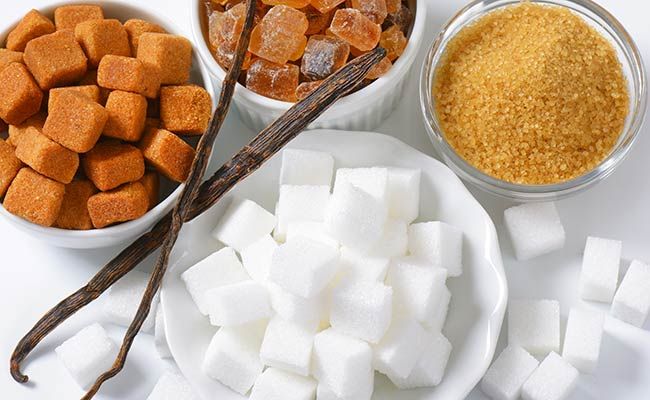Sleep deprivation is a growing epidemic in the United States. According to the National Sleep Foundation, 40 percent of adults do not get enough sleep, and nearly half of Americans report daily fatigue. The quality of our sleep is essential to our health, so it’s important that we make sure we’re getting enough of it each night.
However, many popular foods can keep us from getting a good night’s sleep. caffeine, sugar, and processed foods can all disrupt our slumber. Consuming these foods late in the day can keep us up at night and make it difficult for us to fall asleep.
If you’re struggling to get a good night’s sleep, try avoiding caffeine, sugar, and processed foods in the evening. Instead, opt for light and healthy snacks, like fruits and vegetables. Getting enough sleep is essential to our health, so make sure to prioritize it in your daily routine!
Caffeine
That beloved stimulant found in coffee, tea, and energy drinks can wreak havoc on your sleep habits.
How does caffeine affect sleep?
Caffeine blocks the production of adenosine, a chemical that promotes sleepiness. It also stimulates the central nervous system, which can keep you awake. Consuming caffeine close to bedtime can interfere with your ability to fall asleep and get a good night’s rest.
How can I avoid caffeine’s negative effects on my sleep?
If you’re looking to cut back on caffeine, try to do so gradually over a period of a few weeks. Switch to decaf coffee or tea, or drink caffeine-free versions of your favorite drinks. Avoid drinking caffeine after lunchtime, and avoid energy drinks altogether. Make sure you get enough quality sleep every night – aim for at least seven hours per night.
Sugar
You might think that something as sweet and harmless as sugar can’t possibly be bad for you, but that’s not the case. Consuming sugar before bed can actually ruin your sleep quality. Here are a few reasons why:
Sugar disrupts your blood sugar levels, which can make it difficult to fall asleep and stay asleep.
Sugar gives you a burst of energy that can keep you awake longer than you’d like.
Sugar stimulates the release of cortisol, which is a hormone that’s linked to stress. Cortisol can make it harder to fall asleep and stay asleep.
Processed foods
Processed foods are notorious for disrupting sleep. Foods that are high in sugar, artificial additives, and unhealthy fats can all contribute to difficulty falling and staying asleep.
Not only do these foods make it harder to get the quality of sleep you need, but they can also lead to weight gain, which only worsens the situation. If you’re having trouble sleeping, try eliminating processed foods from your diet and see if that makes a difference.
You may be surprised by how well you sleep once you give your body a break from all of the junk.
What are the consequences of poor sleep?
If you’re not getting enough sleep, you may be more likely to suffer from health problems such as obesity, diabetes, heart disease, and depression. You may also be more likely to make mistakes at work and have accidents. Chronic sleep deprivation can even shorten your life span.
It’s important to make some changes to your diet and lifestyle and try avoiding these foods and drinks. Instead, eat plenty of fruits and vegetables, whole grains, and lean protein. And be sure to get plenty of exercise, which can help you sleep better at night.


Leave a Reply